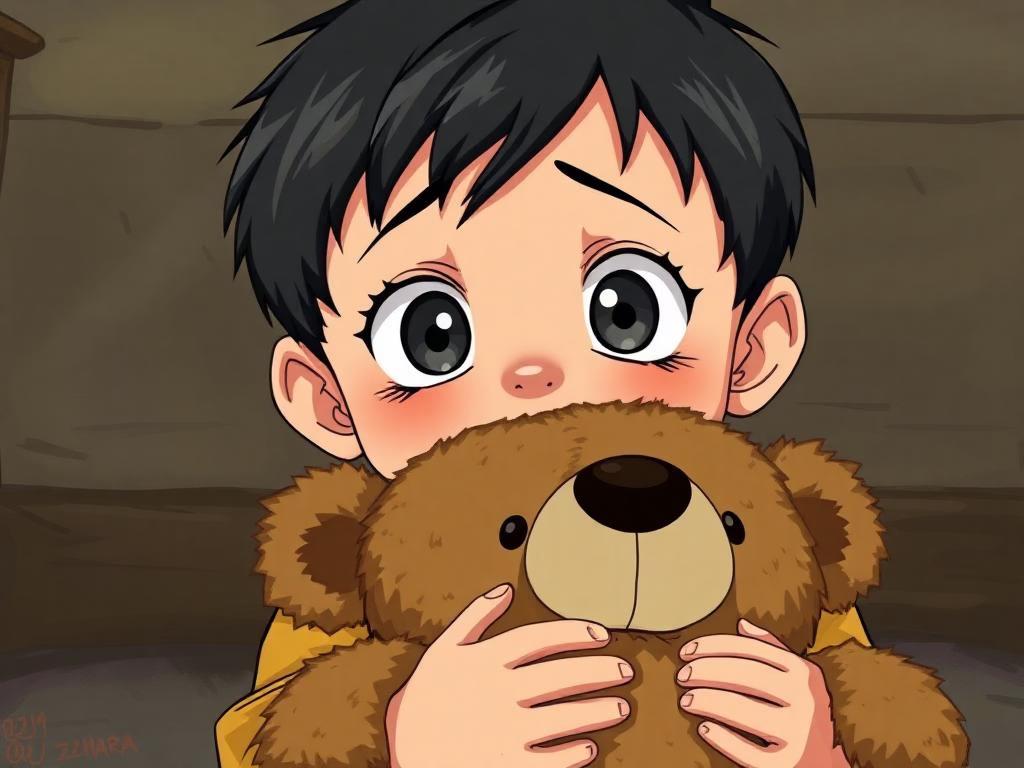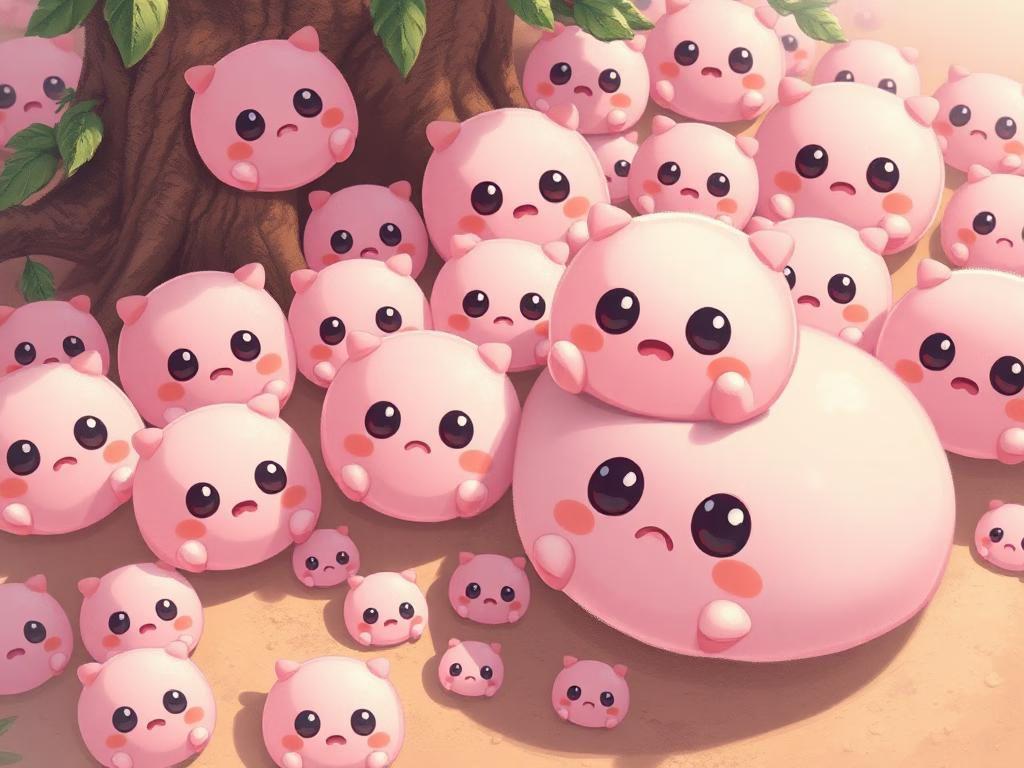
“Look! It’s flying upside down!” shrieked Lily N, pointing at the sky with both hands.
“It’s not upside down—it’s dancing !” yelled Eddy, tugging hard on the string as the kite zigzagged wildly above the rooftops of Kampung Serani. Made from old newspaper pages and thin bamboo strips tied with twine, it wasn’t much to look at—patchy, crooked, and missing a tail—but somehow, it was flying higher than any kite they’d seen before.
Arjun, breathless and grinning, clutched the spool. “My tok’kong made kites just like this,” he said, eyes fixed on the sky. “He told me stories about them… but Amma said it was all forgotten.”
Anna adjusted her glasses and squinted. “Your grandfather flew kites during the independence parade? In 1957?”
Arjun nodded. “That’s what he wrote in his notebook. He said kites were how people celebrated freedom—bright ones, red and yellow, soaring over the streets while everyone sang. But after he passed, no one did it anymore.”
Emma, always curious, leaned forward. “So… your kite is his kite?”
“No,” Arjun said softly. “But I used his design. Found it drawn inside an old biscuit tin under my bed. Bamboo frame, paper from the Utusan Melayu , same kind he used. Even the knot—he drew the exact knot.”
A sudden gust sent the kite spinning into a wild loop. Gasps rose from the group—Lily X jumped back, Bell clapped, and even quiet Hyuga grinned. The kite righted itself, climbing higher, its patched wings catching the golden afternoon light like stained glass.
“It’s not just flying,” whispered Alexis. “It’s remembering .”
From across the narrow lane, old Mr. Pye stepped out of his creaky wooden shop, wiping flour-dusted hands on his apron. His eyes widened. “That shape… that’s a layang-langit ! I haven’t seen one since ’57!”
“You knew my tok’kong?” Arjun asked, stunned.
Mr. Pye smiled, lines crinkling around his eyes. “Knew him? We built kites together! Your grandfather, Rajah—brilliant man. Said kites weren’t toys—they were voices. Voices of joy, of hope. When Penang became free, he flew twelve of them at once. People called it ‘the sky singing.’”
The children stared, wide-eyed.
“But why did it stop?” asked Anna.
Mr. Pye sighed. “After he passed, the tradition faded. No one believed kites could mean so much. Everyone wanted radios, televisions… not paper birds.”
Arjun looked at his shaky, lopsided kite, now dancing proudly above the tiled roofs. “Maybe it doesn’t have to stay gone.”
That night, by lantern light under the banyan tree, the children gathered again. Mr. Pye brought bamboo, scissors, glue, and rolls of colorful paper saved from festival decorations. Emma sketched designs. Lily N cut tails shaped like peacocks. Bell painted flames on a red kite. Eddy insisted his would be shaped like a dragon—even if it didn’t fly.
And Arjun? He opened his grandfather’s notebook and began teaching them the layang-langit pattern—the way the bamboo must bend just so, the secret knot that kept it strong, the balance between wind and weight.
“We’re not just making kites,” he said. “We’re bringing back a story.”
On the morning of Penang’s Independence Day, the air hummed with excitement. Families lined the streets for the usual parade—flags waving, bands playing. But when a cheer rose from Kampung Serani, everyone turned.
Dozens of kites filled the sky.
Not just one or two—but a swirling constellation of color: green with hibiscus flowers, blue like the sea, gold stars, rainbow spirals, even Eddy’s lopsided dragon, flapping bravely. At the center, high above them all, soared Arjun’s original newspaper kite, its pages fluttering like ancient letters come to life.
People stopped. Children pointed. Elders wiped their eyes.
“That design… it’s the old one,” murmured a woman in a batik shawl.
“It’s Rajah’s legacy,” said Mr. Pye, standing beside Arjun, pride shining in his gaze.
Anna handed Arjun a small flag tied to a stick. “You should do it.”
Arjun climbed the low hill behind the village temple, where his grandfather once stood. He raised the flag—not just of Malaysia, but of memory, of courage, of home.
As the national anthem played, the kites dipped and soared in unison, as if guided by an invisible hand. And for a moment, Arjun thought he felt a warm breeze brush his cheek—like a whisper, like a laugh, like his tok’kong saying, Well done.
Years later, every August 31st, Kampung Serani still releases kites. They call it “Sky Songs Day.” Children trace patterns from Arjun’s copied notebook. Mr. Pye teaches the young ones the secret knot. And somewhere among the colors, there’s always one made of old newspaper—flying highest, dancing in the wind, carrying a hundred years of stories on its wings.
Because some traditions don’t die.
They just wait for the right wind.










